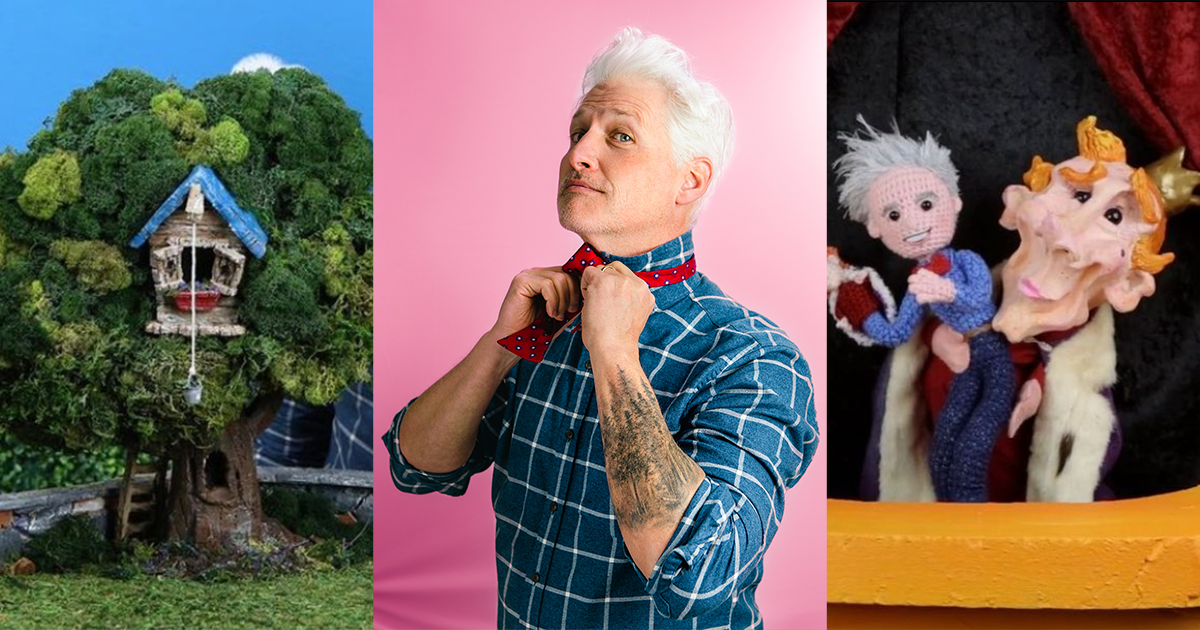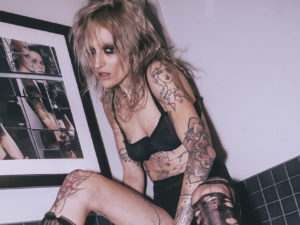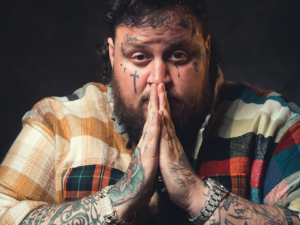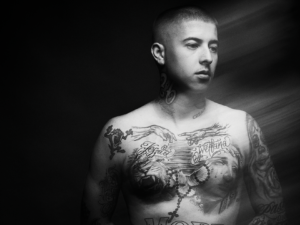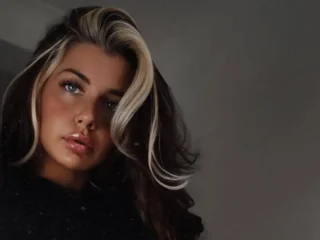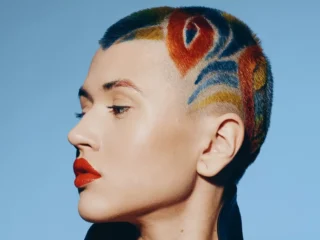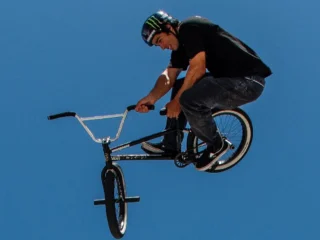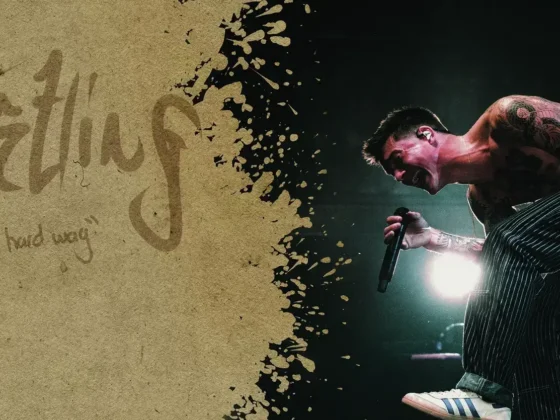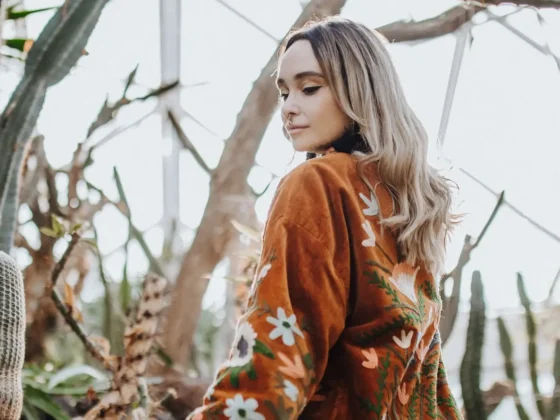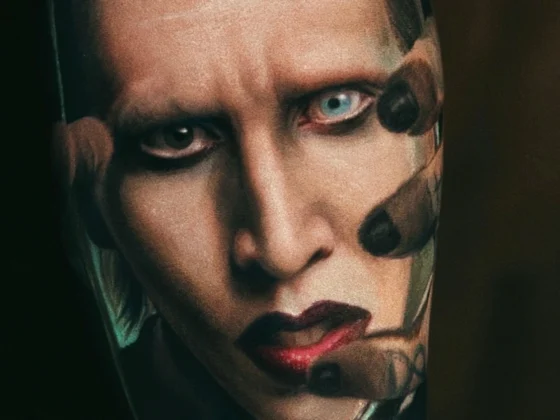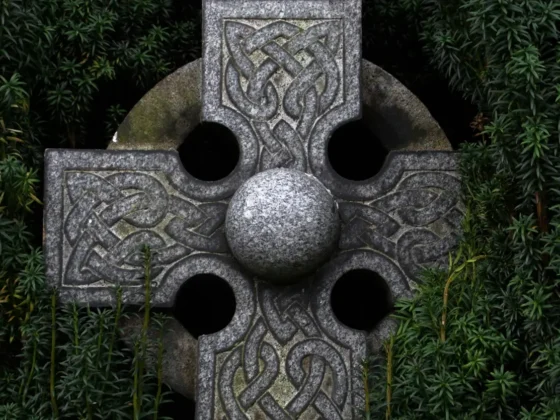Charlie Connell
December 7th, 2022
Let’s Go to Danny Joe’s Tree House!
Danny LaBrecque cares deeply about children's television and it shows in everything he does
Adults are always underestimating children. Sometimes it’s in their assumptions about what kids are capable of understanding, other times it’s in dismissing their abilities for no reason other than age. These attitudes are blatantly on display throughout much of the media created for children.
There are countless programs aimed at children filled with bright colors, flashing lights and silly sounds, but lacking any thought or soul. To a certain type of adult this looks like exactly what kids want, but children see through these pandering attempts in an instant. What they really want is authenticity. They want a true friend speaking to them from the other side of the screen. Danny LaBrecque understands this on a deeply personal level and he created Danny Joe’s Tree House with this in mind.
LaBrecque is the creator and host of Danny Joe’s Tree House. The streaming show, which can be found on Sensical, engages with children in a welcoming manner while never speaking down to them. The aim is to create a place where no matter what sort of uncertainty is swirling around their chaotic life, kids feel safe when they’re at Danny Joe’s Tree House. LaBrecque has created a program that reaches not only the little ones but also their parents, relating to each on their own level.
This approach came to LaBrecque in part from hours researching children’s programs and studying the work of greats like Jim Henson and Fred Rogers, but more so it came from understanding what it was that he needed as a child when times were tough.
“When I was little my mom got really sick with cancer and she couldn’t fully take care of his in the same way,” LaBrecque says. “My father was deeply affected by it as well, and even though they were loving parents they couldn’t give their full attention. It was the 1980s, so like with many parents, the TV becomes the babysitter and I watched all the stuff. The Looney Tunes, the He-Man, but it was Fred. Fred Rogers came through the screen as a very real human being with this uncanny ability to speak to me in that moment. He was directly saying that I mattered and here’s why. That really did save me.”

Much like Rogers did years ago with his neighborhood, Danny Joe’s Tree House is populated by a slew of colorful and distinctive puppets. The puppets have distinct personalities that are often woven into storylines to convey messages to the viewers. For example, over commercialization, in general and in children’s programs in particular, is a concern for LaBrecque so he addresses it in the form of Kingsley. Kingsley is an authoritarian puppet who happens to be very popular among fans—”What kid doesn’t like speaking up to power?” LaBrecque laughed—who sells out for a sponsorship that eventually goes awry. It’s a moment that connects with parents who often have the same concerns about commercialization in what their children are watching, but it also helps teach basic media literacy to kids. And when it’s coming from a character they love, it doesn’t feel like they’re being taught a lesson.
“The topics we discuss are really complex social and emotional topics in the best way,” he explains. “It’s reflecting what kids are actually dealing with and that’s what makes it unique. It’s not just playing with puppets, it’s that the puppets represent these different aspects of society. If we go into that play place and play about big ideas and feelings it’s easier, it’s safer. It’s like going into a dream—you go into it, you process it and you come out. You might not have all the answers, but you feel better when you wake up.”
View this post on Instagram
Throughout our conversation LaBrecque does something that a lot of modern creators don’t do—he credits everybody who came before him for building the foundation for what he’s created. He applauds the work of Rogers, Frances Horwich, Bob Keeshan (Captain Kangaroo) and others for giving him the tools that not only helped navigate his own childhood, but which allow him to pass it forward to another generation of children.
Given the regard people have for those trailblazers today, it’s easy to forget that they were revolutionaries in their respective times. They went against everything that was happening in children’s programs and set a new standard, which is ultimately what LaBrecque hopes to accomplish.
Here at Inked there is one thing we definitely noticed about LaBrecque that you never would have seen on a children’s host of an earlier generation—a gorgeous black-and-grey tattoo on his forearm. While tattoos seem ubiquitous in society these days, when you sit down and think about it there aren’t a lot of tattooed folks in children’s programming. There’s an entire generation growing up with tattooed parents right now, it’s refreshing to see that reflected back in the programming their watching. And yes, it is obviously a surface level concern, but at the same time, imagine growing up with a pair of tattooed parents and never seeing anybody who looks like them on your favorite shows.
View this post on Instagram
And it’s more than just simple representation, LaBrecque’s tattoo and its meaning illustrates the story of Danny Joe’s Tree House.
“The whole reason it’s called Danny Joe’s Tree House is because when I was little, shy and scared and overwhelmed, one of the real life people I got to hang out with was my grandpa in upstate New York,” LaBrecque explains. “He was a lumberjack and he would build deer spots for hunting. He brought me out early in the morning to hunt—I was just excited to go with him—and we got up there and when it was time to do it I started crying and I didn’t want to do it. ‘You don’t have to do anything you don’t want to, Danny Joe,’ he said. ‘We’ll just call this your tree house.’
“Then we would just go out to all of those deer spots—he made them, they weren’t those fancy tents they have today, they were tree houses—and we’d sit,” he continues. “It was quiet and I could talk to this adult. We’d listen to nature and just sway in the trees. And that’s what I wanted the show to be: a trusted adult you could hang out with. It’s a safe place where we can talk about whatever you want, and sometimes we don’t talk, we can just embrace silence.”
In this way, LaBrecque can use the tattoo as a means for storytelling. But beyond that, why should he hide who he is to create a cookie-cutter clean-cut image on camera?
“It’s an expression of your identity,” he says. “There’s the inside stuff and there’s the way you express yourself, and I think that’s a really important lesson too. There’s so much pressure coming from adults saying don’t do this, don’t do that. Don’t think for yourself, don’t express yourself beyond one identity. I don’t want to do that. I certainly don’t say, ‘Go get a tattoo, kiddo,’ but [the tattoos is] just part of me.”
Which brings us back to where we began—authenticity. The most important thing LaBrecque does is establish a trust between himself and viewers, both the children and the parents. There is a truth behind his motivations that he couldn’t hide even if he wanted, and it is there where Danny Joe’s Tree House stands out from the rest of children’s programming.
“I’m talking about complex things and I want people to trust me because I understand the deep responsibility [in what I do],” LaBrecque says. “[As a parent] you say, ‘I’m gonna put my kid with you through a screen in a time when there is so much uncertainty, and scary stuff is happening, I’m trusting you to be the babysitter, I need to know you’re authentic and you truly care.'”
Danny LaBrecque puts his compassion and immense sense of empathy into every episode, he has more than earned that trust. Grab your little one and come on down to Danny Joe’s Tree House.
Season 3 of Danny Joe’s Tree House can be found streaming at Sensical
Editor's Picks
Royal & The Serpent
The hilarious and talented musician talks mental health, music, tattoos and more
Son of a Sinner
From rough-and-tumble roots to mainstream stardom, this genre-crossing musician is on a roll
A Cut Above
Celebrated barber Vic Blends can charge whatever he wants for a haircut, but all he really wants in exchange is a conversation and human connection

